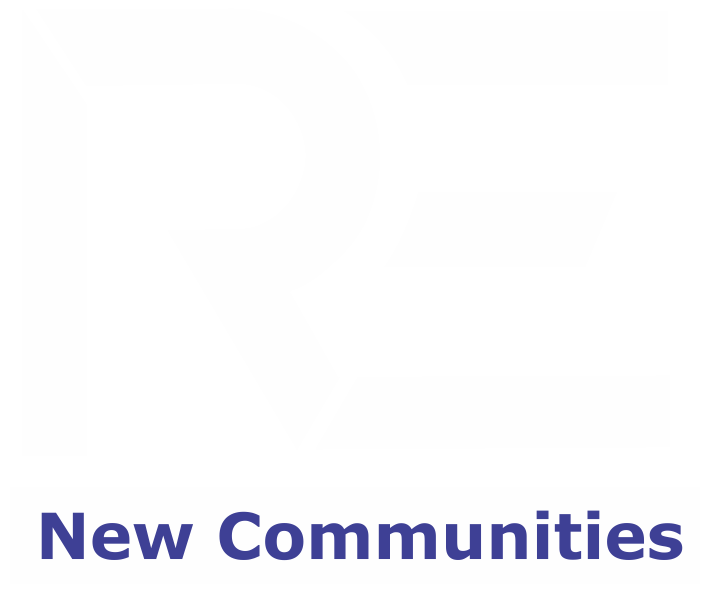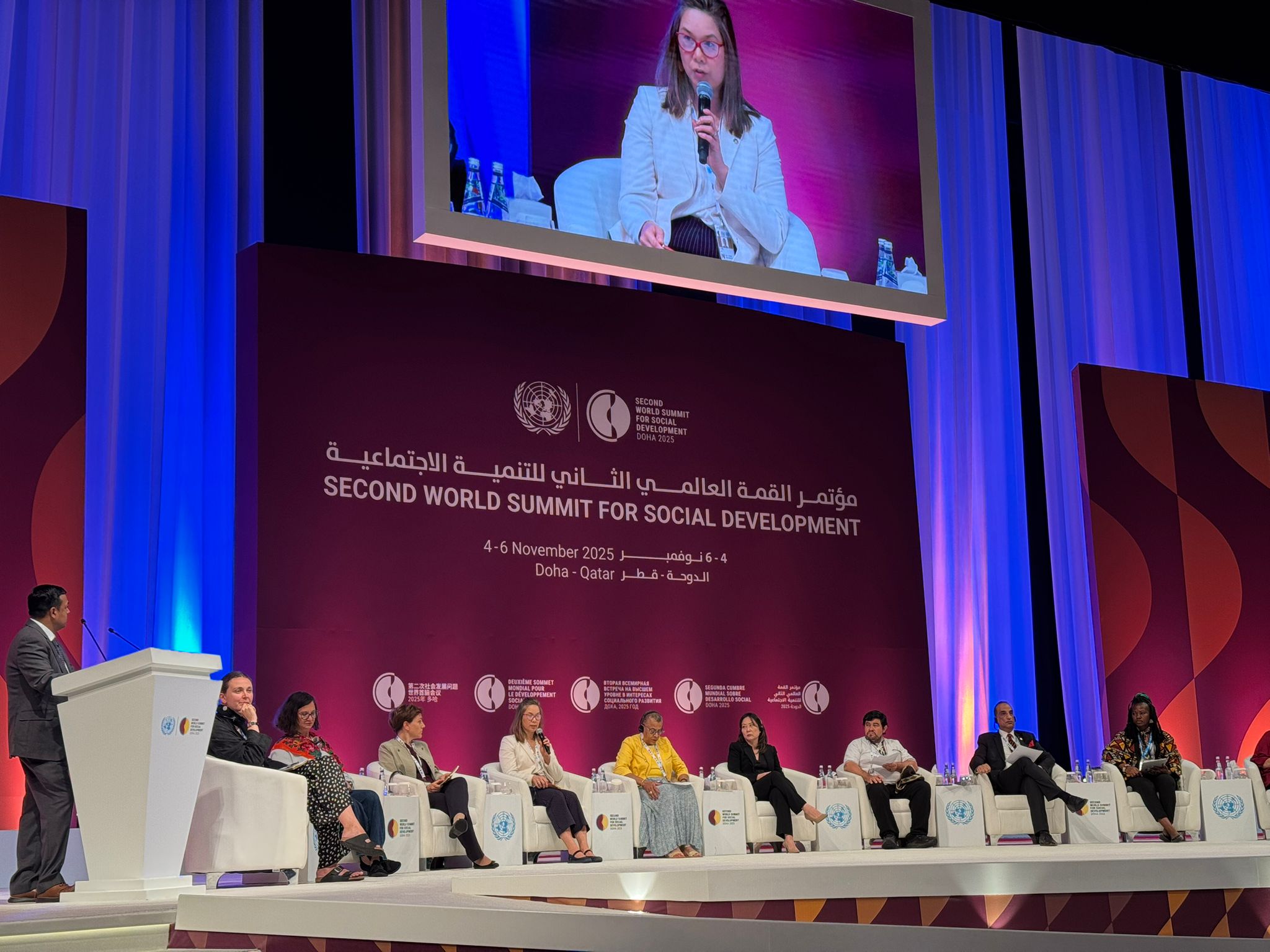Good afternoon.
My name is Ivy Koek, and I’m speaking on behalf of the ImPACT Coalition for Faith Actors and our partners.
Commitment 4 of the Copenhagen Declaration calls on us to “promote social integration by fostering societies that are stable, safe, and just.” Societies grounded in human rights, tolerance, respect for diversity, equality, and solidarity.
These are not new ideas to us. They are core values that faith and spiritual actors have lived and served by—standing with the most marginalized.
The Doha Political Declaration represents a missed opportunity in its engagement with faith actors. The absence of meaningful reference to faith-based and religious actors —both in local contexts and global dialogues—is striking. This omission undermines efforts to mobilize these vital contributors to inclusive, cohesive, and sustainable societies.
Yesterday, our panelists reminded us what inclusion looks like in action.
In countries recovering from conflict, the United Nations is partnering with religious leaders and faith-based organizations who act as moral anchors and trusted mediators—bridging divides and fostering dialogue among conflicting communities.
We heard moving stories of women from opposing groups who are now working together, co-creating local solutions, and transforming pain into partnership.
Their work reflects the principles of dignity, agency, hope, and long-term commitment.
And in places where governments cannot or will not provide essential services, faith-based organizations continue to fill the gaps—bringing not only relief, but also trust, belonging, and hope.
These stories remind us:
Social cohesion begins within communities—when faith-based values, inclusive dialogue, and grassroots action inform policy and inspire change.
As we look to the future, we urge Member States to recognize and integrate the contributions of faith actors in all UN declarations, documents, and processes.
Faith actors bring deep commitment, local knowledge, and influence.
As religious representatives, we highlight the vital role of faith actors in bridging divides, promoting peace, with a focus on conflict prevention through building the culture of peace, and fostering community resilience—especially in conflict and disaster-prone regions.
The post-pandemic world has laid bare deep inequalities and shaken our ethical and spiritual foundations.
It is time for a renewed global social contract—rooted in justice, solidarity, and dignity.
Only then can we build the inclusive, equitable, and flourishing societies we all envision.
Thank you.

